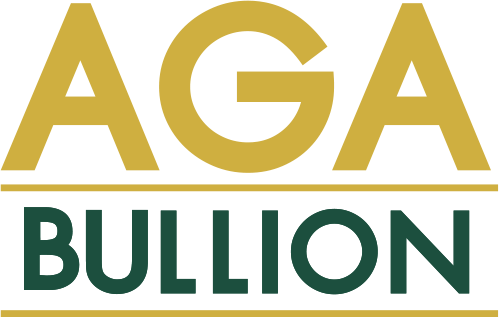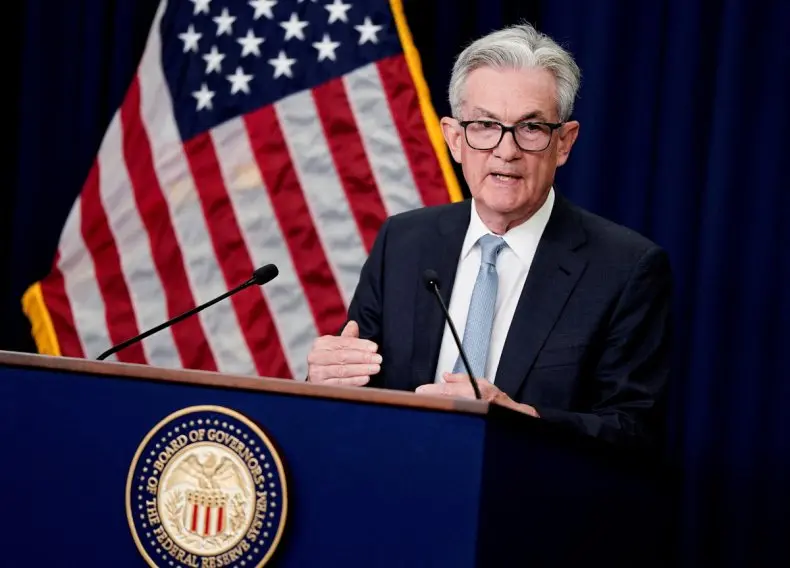With the Federal Reserve expected to hike its key interest rate by three-quarters of a percentage point on Wednesday to battle high inflation, focus will shift to how deeply signs of an economic slowdown have registered with its policymakers.
The anticipated increase in the target federal funds rate, the Fed's key tool in trying to lower inflation from a four-decade high, will bring the U.S. central bank to a mile marker of sorts as it reaches a level of around 2.4% that is estimated to no longer encourage economic activity.
That will represent one of the fastest-ever gear changes in U.S. monetary policy - just over four months ago the policy rate was near zero and the Fed was buying billions of dollars of bonds each month to help the economy recover from the COVID-19 pandemic.
A fast trip to neutral:
But while there has been little progress registered yet in the inflation fight, signs of economic stress are accumulating - and raising the stakes for Fed officials as they weigh just how much tighter monetary policy needs to be to slow price increases against the risk that going too far could trigger a recession.
Even ahead of this week's two-day policy meeting, the inflation problem was considered so dire that investors placed about a one-in-four chance the Fed would surprise markets with a larger 1-percentage-point increase in its benchmark overnight interest rate, reminiscent of the hikes used in the early 1980s by then-Fed Chair Paul Volcker.
As the Fed's impact on the economy becomes more apparent, the issue now is whether it is at risk of overdoing it.
Parts of the U.S. bond market are signaling an increased likelihood of recession, with yields on 2-year U.S. Treasury notes now higher than they are for 10-year Treasuries, a possible sign of lost faith in near-term economic growth and reflecting a possibility the Fed may be forced to cut rates within a relatively short span of time.
Fears of a stalling economy were stoked late on Monday when Walmart Inc, whose massive footprint offers a broad view of consumer behavior, cut its profit outlook and said inflation had pressed shoppers to spend their money on food and fuel instead of higher-margin discretionary items like electronics and apparel. General Motors Co, for its part, said it had eased hiring and delayed planned spending in response to inflation and to hedge against a possible broader slowdown.
The U.S. Commerce Department is expected on Thursday to report that gross domestic product grew at a turgid pace in the second quarter. New employment data scheduled to be released next week will show whether robust job creation, considered an important strength of the U.S. economy right now, continued in July.







